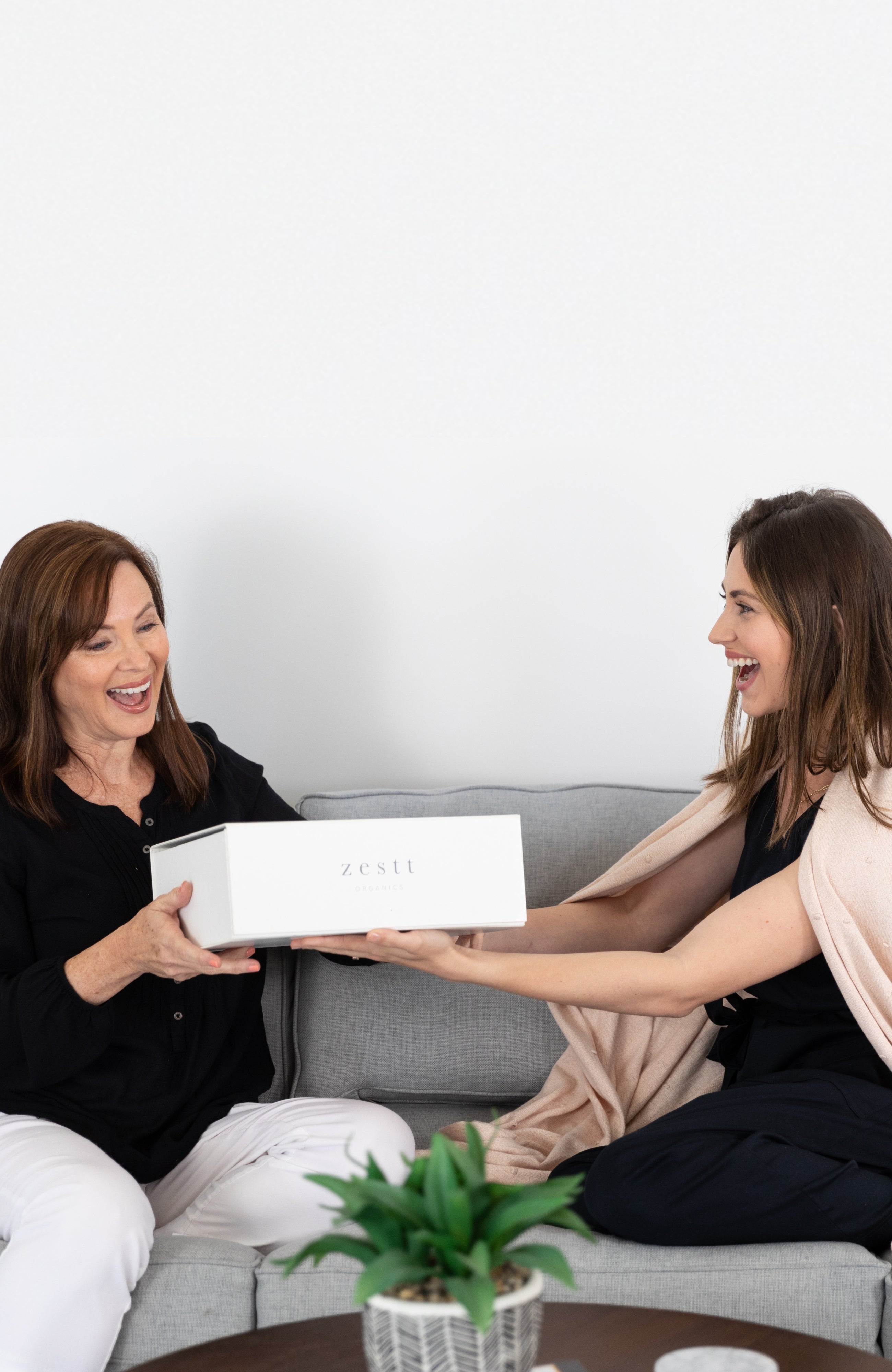Everyday household items can be a precursor for harmful chemical reactions and detrimental environmental impacts. The solution is easy, clean swaps.

But what if the products at the forefront of nontoxic cleaning don’t support sustainability?
Here are some safe and simple ways to start incorporating eco-conscious alternatives for everyday products found in your home.
Plastic ⇨ Glass Swap
Why: If you use plastic you get a leaching effect into your food. Particularly if you’re warming these items in the microwave or often find yourself putting these containers in the dishwasher.
This doesn’t mean you should immediately toss all your plastic food containers, but slowly cycling them out with safer glass containers is a great start.
Before you rush out to the store to buy new glass containers, check your recycle bin. Mason jars or pasta jars can be reused to store leftovers. If you are using plastic bags to store food, make sure it’s only for freezing. Rinse the plastic bag and re-use it!
Dryer Sheets and Fabric Softener
Fabric softening agents add chemicals to the clothes you wear, creating a greater risk of not only your own health but those you love.
White vinegar is a natural rinse agent and that helps to keep laundry soft. Adding about a ½ cup of white vinegar to the fabric softener dispenser helps to ensure clothes are rinsed thoroughly without residue and with minimal static cling. It’s super easy, very inexpensive, and does last a long time.
Don’t worry, zestt organics textiles are all naturally softened using the time-honored tradition of combing and washing.

Paper Towels + Napkins
Think about how many paper towels you use daily? Now find the population of the country you live in and multiply it by that number. The ease, convenience, and reliability that paper towels offer have become a part of our routine since the early 1930s. But before paper towels, rags and cloth alternatives were the norm.
Cut up your old t-shirts and flannels to use to clean up household messes. If you don’t have any tees lying around you could buy secondhand, from estate sales, or ask a friend if they have any they haven’t reached for in a while.
They’ll get the job done, create less waste, and more storage space in your home.
If the idea of multipurpose towels doesn’t sit well with you try having different towels for different things, organized by fabric color. One-color for the kitchen, a different color for the bathroom, etc. bleach and wash for an easy clean-up. Then sort them appropriately depending on the color or intended use.
Small Steps, Big Changes
Becoming a more natural household isn’t an overnight process. No need to convert everything immediately. Wait until you use something up and replace it with a more environmentally friendly option. Any effort to merge natural items into your daily routine is a valiant first step towards living a more sustainable and waste-free life.


